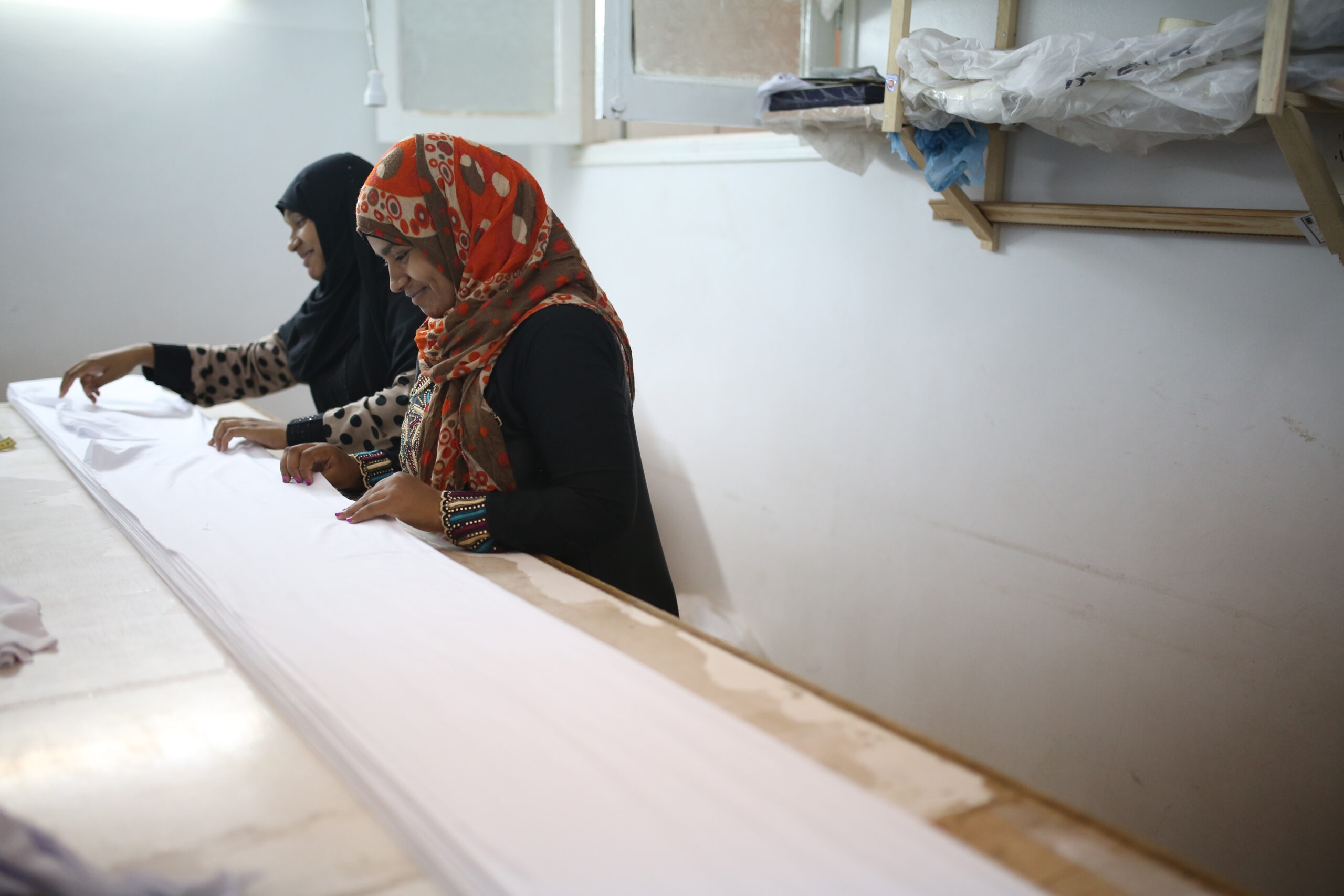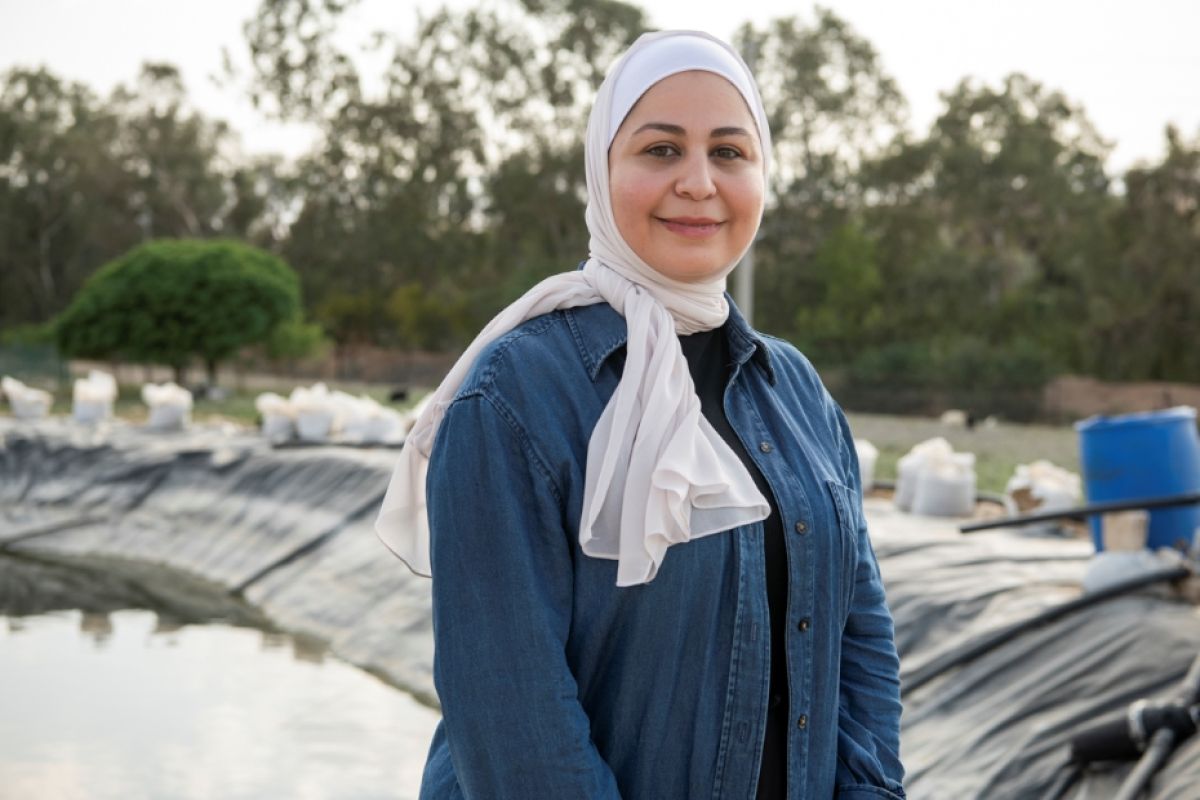Improving outcomes for women-led clean energy enterprises through applied research
This project seeks to reduce barriers and improve pathways to growth for women-led enterprises in clean energy, with a particular focus on gender-smart capital mobilisation towards locally relevant clean energy solutions. It will do so by launching a catalyst collaborative research fund for partnerships between local researchers and implementers, and by supporting research on the impact of localised and Southern-led investment in clean energy. The project will foster capacities in impact measurement and management. It includes knowledge sharing and outreach and engagement to leverage the research findings to mobilise capital towards impactful clean energy solutions in local contexts.
A clean energy transition that improves the lives of marginalised groups and communities has emerged as a key driver for achieving many of the Sustainable Development Goals and the Paris climate goals. Ensuring everyone has access to sufficient clean energy is an opportunity to reduce gender-based inequalities and strengthen climate action and resilience.
Small and growing businesses can play an important role in addressing energy needs and in fostering an inclusive and sustainable transition to clean energy. However, women and young people are underrepresented within clean energy entrepreneurship, despite evidence that gender-balanced funding teams are more successful, and despite women’s central role in the transition toward clean energy as customers, employees, entrepreneurs and community members.
Lack of access to capital (a recurring issue for young women entrepreneurs in particular), challenges in networking and forming partnerships, cultural and social norms, the care economy (women’s role as caregivers in the family and community), and reduced mentorship and training opportunities are among the key barriers. While these barriers are common across different sectors, their impact on women entrepreneurs is particularly pronounced in the renewable sector due to the sector’s heavy reliance on technology and its male-dominated nature.
Women’s leadership and innovative finance: Driving climate resilience and sustainable development
Thursday 20 November 2025
This panel, hosted as part of COP30, will explore how women’s leadership and inclusive financial innovation serve as powerful levers for climate resilience and sustainable development. The session will highlight concrete examples internationally, focusing on the intersection of gender equity, entrepreneurship, and climate action. Panellists: Adel Ben Youssef, Université Côte d’Azur – featured Clean Energy […]
Unlocking the Potential of Small and Medium Businesses and Entrepreneurs in the Clean Energy Transition
3 December 2025
This report highlights outcomes and recommendations from the T20 Side Event ‘Unlocking the Potential of Small and Medium Businesses and Entrepreneurs in the Clean Energy Transition’, held in Johannesburg on 17 October 2025. It presents seven recommendations for concrete steps to turn the G20’s green energy principles into practice, with South Africa’s presidency positioned as […]
Fostering an inclusive energy transition through micro, small and medium-sized enterprises
7 January 2026
Micro, small and medium-sized enterprises (MSMEs) are the main engine of economic growth in the Middle East and North Africa (MENA). The transition to a green economy represents both an environmental necessity and a significant economic opportunity for the region. However, without an intentional focus on gender, this transformation risks reinforcing existing inequalities, rather than […]



